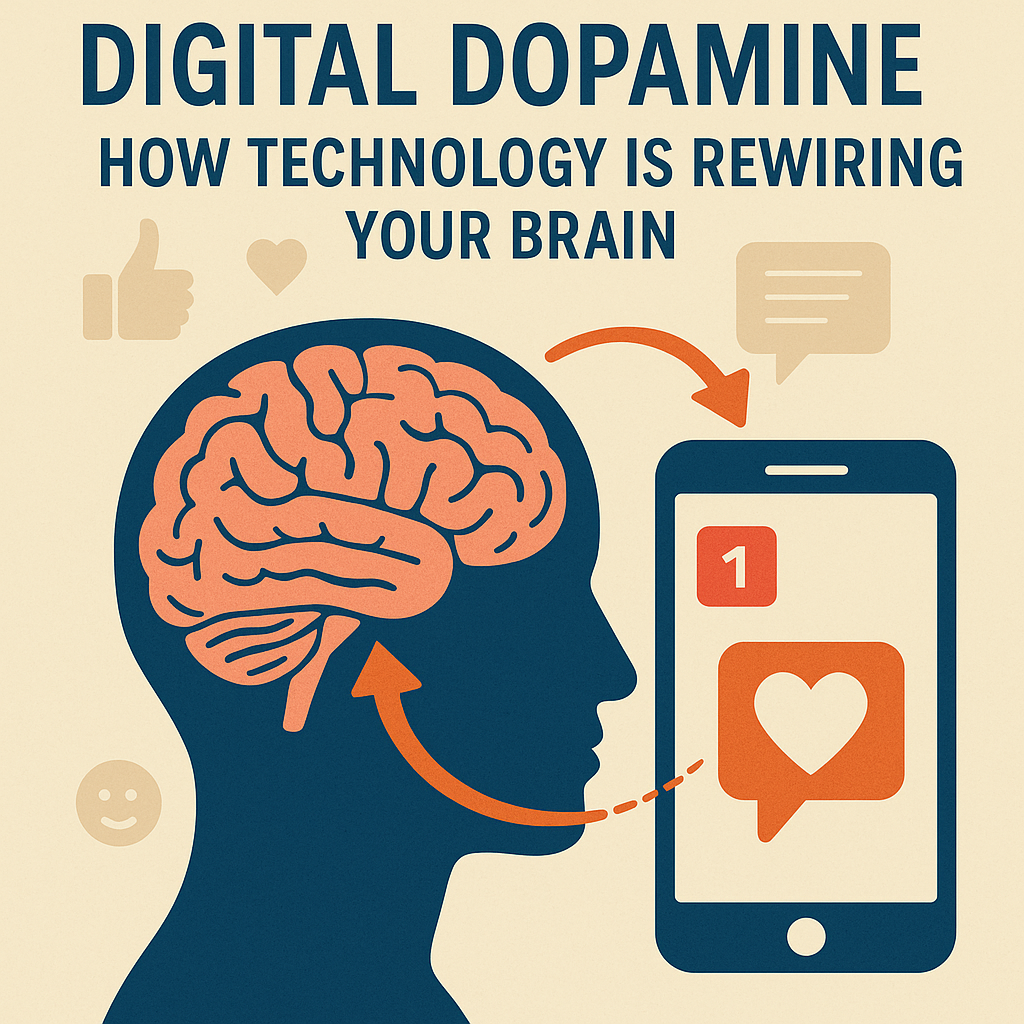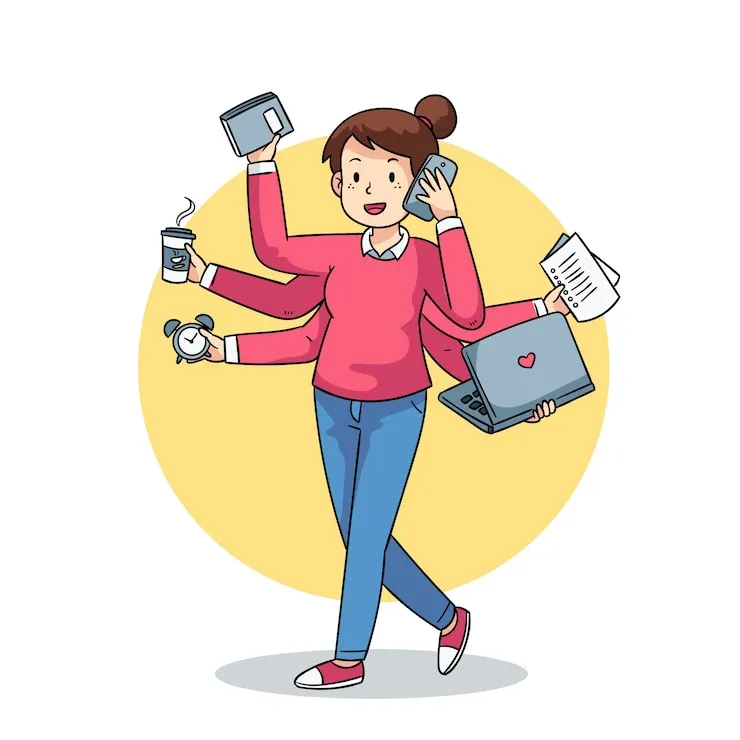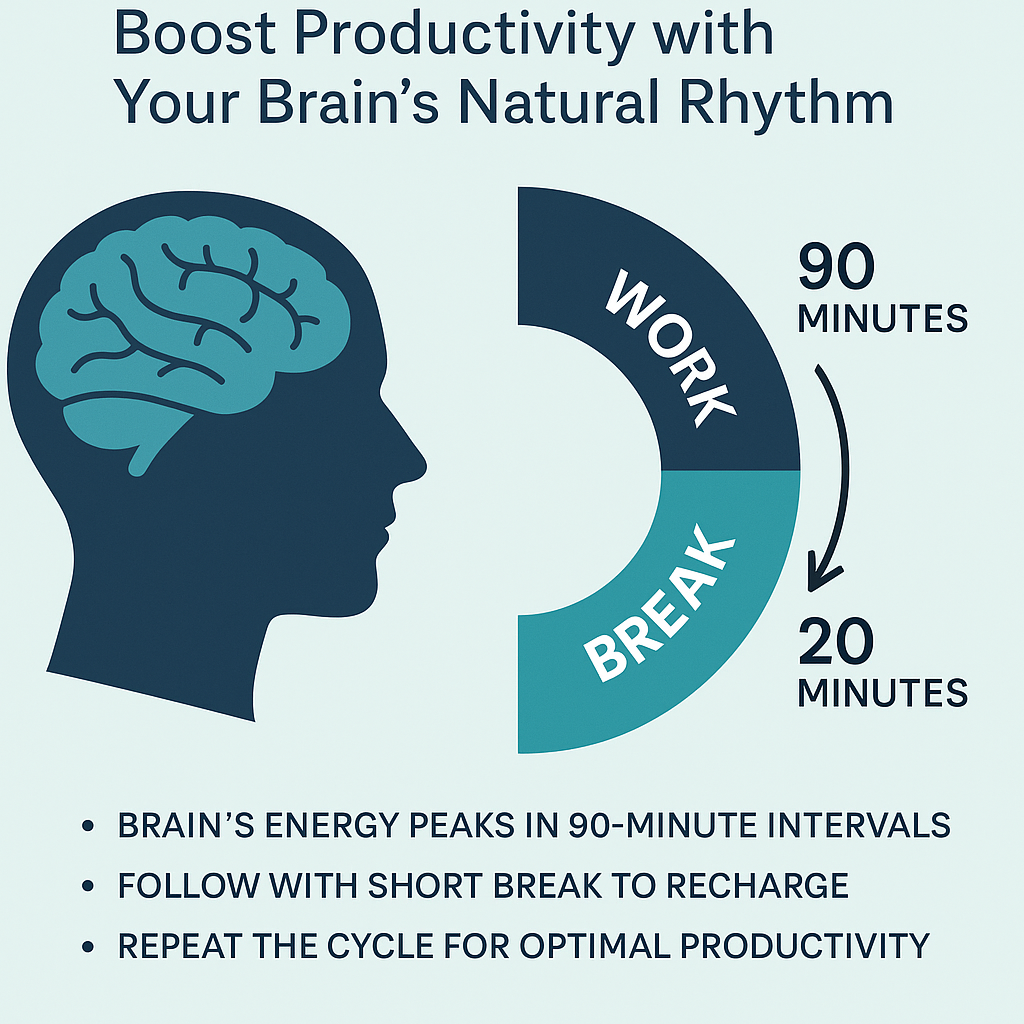📘 Digital Dopamine: How Technology Is Rewiring Your Brain (And What To Do About It)
Every ping, notification, and scroll releases a tiny shot of dopamine — the brain chemical responsible for pleasure and reward. But over time, these instant bursts start to change how our brain works. If you’ve ever felt anxious without your phone, struggled to focus, or mindlessly checked social media — you’re not alone .how technology affects the brain
At MindFactual, we dig into the science of how technology affects the brain, why we’re becoming digitally addicted, and how to take back control — without going off the grid.
🧠 What Is Dopamine and Why Does It Matter?
Dopamine is a neurotransmitter — your brain’s reward system. It’s released when you do things that feel good: eating chocolate, achieving a goal, or receiving a compliment.
But here’s the twist: the brain can’t tell the difference between a meaningful reward (like finishing a project) and a digital one (like a “like” on your selfie). And that’s where the problem begins.
📱 How Technology Hijacks Your Brain’s Reward System
Each time you check your phone or scroll social media, your brain releases a small dose of dopamine. Over time, this creates habit loops similar to addiction patterns. You begin craving that buzz of validation, even when it interrupts your life.
💡 Real-World Effects of Dopamine Overload:
- Reduced attention span
- Higher levels of anxiety and stress
- Sleep problems from constant screen exposure
- Inability to focus on deep tasks (a key to productivity)
A study from the University of California found that it takes over 23 minutes to fully refocus after checking your phone. Now imagine doing that 50 times a day.
🧪 Scientific Evidence of Brain Rewiring
📊 A Harvard study found that people check their phones an average of 80 times per day, releasing dopamine every time — even when there’s no real reason.
🧠 MRI scans have shown that long-term social media users display similar brain activity to gambling addicts, especially in the reward center of the brain.
“You’re not addicted to your phone. You’re addicted to the dopamine loop your phone creates.”
⚠️ Symptoms of Digital Dopamine Dependency
- You open apps without thinking
- You feel anxious when your phone isn’t nearby
- You can’t complete tasks without switching to distractions
- You need more stimulation to feel satisfied
If that sounds familiar, your brain might need a dopamine detox.
🛠️ How to Reset Your Brain from Tech Overload
The good news? The brain is neuroplastic — it can rewire itself. Here’s how to retrain your focus and reduce dopamine overstimulation.
✅ 1. The 24-Hour Dopamine Detox
Choose a full day (or even half a day) where you avoid all high-dopamine triggers:
- No social media
- No YouTube, TikTok, or Netflix
- No junk food or fast scrolling
Instead, try:
- Journaling
- Walking without your phone
- Reading a physical book
- Meditating
Even 12 hours can make your brain more sensitive to real-world rewards again.
✅ 2. Switch to Low-Dopamine Apps
Delete apps that auto-refresh content (like TikTok, Instagram).
Use ReadLater, Pocket, or Forest — apps that require intention, not mindless scrolling.
✅ 3. Turn Off Notifications
Notifications are digital sugar.
Turn off everything except what’s essential (like calls or messages from family).
✅ 4. Try a Digital Sunset
Turn off screens 2 hours before bedtime. The blue light and dopamine delay deep sleep cycles and affect memory formation.
Instead, try using blue light blocking glasses.
🛍️ Recommended Product:
✅ 5. Rebuild Your Focus
Start using the Pomodoro method: 25 minutes of deep work, 5-minute break.
Set goals that involve real-world outcomes, like writing, solving problems, or physical activities — not just screen time.
🔁 Your Brain Can Bounce Back
The scary part? Technology isn’t going away — but neither is your ability to adapt.
With awareness, intention, and a few lifestyle changes, your brain can learn to crave meaningful focus over mindless scrolling.
At MindFactual, we believe in blending science and practical tips to help you become smarter in a noisy world.
It’s time to train your brain — not just entertain it




